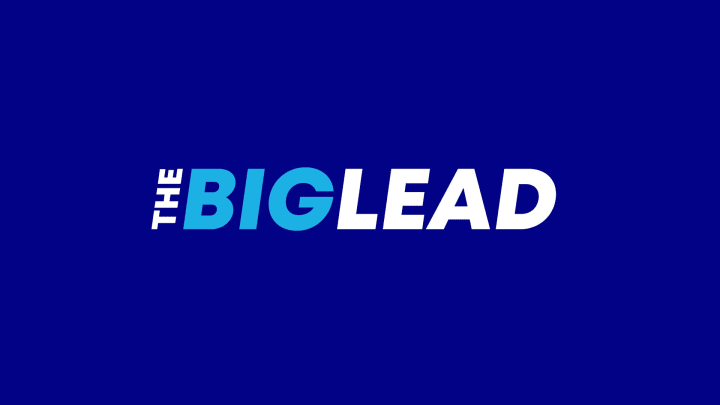Do Endorsement Deals Make More Sense Than a College Athlete Union?

The regional NLRB ruling that Northwestern football players are ostensibly employees who are entitled to unionize is the most prominent public salvo for the growing collegiate athlete labor movement. Many more hoops remain to jump through over the next several years before an actual union would materialize, but the broader ramifications are coming a bit more into focus.
Former Missouri receiver T.J. Moe wonders if a union is really the best means to drive compensation for college football players. He notes that employees can be terminated for cause, before reaching what he finds to be the most satisfactory solution:
"I know this, there would be far less complains from student athletes about the NCAA if allowed to promote themselves and make $$ from that"
- — T.J. Moe (@TJMoe28) March 26, 2014
"Instead of stopping NCAA video games and not promoting jersey sales for individuals, why not cut a deal with the players for compensation?"
- — T.J. Moe (@TJMoe28) March 26, 2014
"Even better in the free market system. Allow Nike, Adidas, Reebok to fight over these athletes. get every $ you can bc you may not go pro"
- — T.J. Moe (@TJMoe28) March 26, 2014
This would seem to be a more sensible solution than both the status quo and an employee union. Why shouldn’t players be permitted to benefit from their own likenesses? Yes, the most touted athletes would receive more money than some of their teammates and certain schools would benefit from their ability to command the most exposure. However, that’s the way American free enterprise is supposed to work, and the biggest athletic programs already do have a massive competitive advantage derived from steering funds towards the best coaches and facilities.
For anyone worried that an influx of this money would cause players to shirk their responsibilities to their teams and academics, wouldn’t the threat of losing 6-7 figure endorsement deals provide even more accountability?
Obviously, there would be some big kinks to work out. There would be major conflicts of interest to reconcile if, say, Nike wanted to sign a player on a team sponsored by Adidas. This income would need to be taxed, and the system would still need to regulate against boosters just handing athletes envelopes full of cash.
There are legitimate reasons to believe that college sports should be classified as amateur athletics, but the television contracts and sponsorship deals that do exist in basketball and college football lopsidedly benefit administrators at the expense of their laborers. These athletes have discernibly immense value, and it’s un-American that they aren’t currently permitted to capitalize on their personal brands. It continues to stand to reason that schools will compromise on a system that mirrors that of the Olympics.